|
The guesthouse rooftop in Hampi overlooked boulders and ruins. A slightly muffled speaker plays well-known songs in unexpected remixes. The last one was a reggae rendition of "Hello" by Adele. Everyone is seated on the floor on large cushions arranged around tables supported by red plastic Coca-Cola crates. Some people play chess; others read books or type away on their phones. Some nab spaces near the walls to nap. This is my first experience with backpackers. Mysore was full of yogis. Hampi is full of backpackers. Despite the weeks I've now had with my pack, including the night on a train sleeping on it that it took to get here, I still feel like an outsider. As though it might be treasonous to admit that as happy as I am with the budget accommodations here, I'd also be happy to stay somewhere with western toilets and hot water. Of course, this time in India is intended to be more about experience rather than comfort. And everything is relative. Roughing it to me could be downright luxurious to someone else. When I arrived here the manager promptly informed me that the property was full. This is how I'm used to being greeted at accommodations I've already booked and paid for in India. In Mysore after 36 hours of travel, including a missed plane, a missed bus, and a 2-mile walk, I triumphantly walked into the guesthouse I booked only to have the manager tell me that I couldn't have possibly reserved a room there. And so it is in Hampi, too. Here there was a mix-up with my room because I arrived a day late. Hours before the Mysore-to-Hampi train I had booked left, I became so ill that I could barely stand up, let alone consider taking my 30-pound backpack on a 12-hour train ride. Days earlier I had boldly proclaimed my love for Mysore and may have even said aloud (smugly) that I hadn't gotten sick. Lesson learned. I suspect it was bad water that had me suffering for 24 hours, but the positive side was that I was so unbelievably happy to recover that it overshadowed most of my fear of the train. I was fortunate to get a last minute ticket. The train's foreign tourist quota had a single same-day ticket left, but it wasn't in the train car or even berth recommended for solo travelers. I found myself on a sleeper car, which most travel websites recommend for "adventurous backpackers," a title I would not give myself. It's more common for travelers to book air-conditioned cars because they're a little more private and sometimes more spacious. I also had been issued the undesirable middle berth, which means sleeping sandwiched between the lower and upper berths. In other words, I got the short end of the stick. But in what the Internet considered to be the worst circumstances I found quite possibly the most authentic India experience I've had so far. An older woman from Tamil Nadu was one of my neighbors, and she introduced me to her grandchildren who were scattered throughout the car. I saw her husband set up his middle berth bed across from mine, and as I attempted to follow his lead, he set up mine, as well. During the day the middle berth folds down as a backrest, and the bottom berth becomes seats. It wasn't until a passenger from another neighboring berth boarded and dismissively said, "sleeping already, madam?" that I realized I might have committed some kind of faux pas by setting up my bed before it was dark. He was right that there was no way to sleep this early as every couple minutes a new vendor marched through the cabin shouting the name of the food or drink he was selling. Large buckets covered in newspaper hold samosas and other fried foods. The Hindi words are said so quickly that they bleed together into a constant sound, and even if I had recognized them, my daring attitude about eating disappeared after being so ill. One vendor momentarily paused his yelling in front of my berth to say, "dinner, madam?" I barely had time to shake my head no before he was on the move. It didn't take long to realize that many passengers choose to occupy a seat that isn't theirs. I still don't know why, but each train stop brought about an amusing game of musical chairs, and I found myself guessing who would be awoken and ousted from their berth next. I used the yoga rugs I bought in Mysore to cover my bed, and my backpack became a giant pillow. I slept with my money, passport, and a couple other important things wedged between the rugs and directly underneath me, and I zipped my phone into my sweatshirt with a loud alarm set to alert me before we arrived at Hospet Junction, just outside of Hampi. As a novice train rider, I woke every hour, panicked, feeling around for my backpack even though it was quite obviously still underneath my head. Because of my delayed travel and a misunderstanding of Whatsapp texts, my room at the Hampi guesthouse was given to someone else. Neighboring guesthouses were also full, so the manager cleaned out a staff room for me that shares a bathroom with other rooms and promised a new room by the next day. After setting up my things in the room and asking the same manager to fix all three locks on the door, none of which worked, I took small relief in the fact that I could sit alone on the rooftop with a pretty view and know that this is temporary. But Bernie wouldn't let me be alone. Sipping fresh lime soda and typing away on my computer in my own little corner made me the perfect target for conversation. Bernie is from upstate New York, an older man with a greying beard and a weathered tan on his face and arms. He heard me order another drink, and broke my solitude by asking about my accent. Even on the other side of the world, my Minnesotan vowels border on sounding Canadian. If I'm being perfectly honest, I don't like striking up conversations with strangers. Despite the fact that I teach yoga, my natural tendency is to be quiet and keep to myself. But when you travel alone the only people to talk with are strangers. And often you don't have a choice. Bernie exemplifies everything I have come to love about talking to fellow travelers in India. He seamlessly moves from talking about the methane gas leak in Los Angeles to the monk he knew in a past life that he reconnected with last week in Bylakuppe to the Skype call he had with his sister last night when the internet was surprisingly strong. No topics are abnormal or off the table. People I've known for less than 5 minutes talk about karma, God/Allah/Brahma/Universe, bowel movements, bargaining, and reincarnation, among other things. As an introvert, I do a lot more listening than talking, and I try to take it all in. My Sanskrit teacher in Mysore was fond about talking about formal and informal education. Formal education takes place in a school or university and has specific teacher, and you're tested on paper to receive a certificate of your knowledge. But the ancient yoga texts place just as much importance on informal education, in which every experience is a lesson, every person is your teacher, and ultimately your actions allow the larger society to evaluate your character. These fellow travelers are excellent teachers. On practical things like how much to pay for a rickshaw or where to eat a great meal, but also on things that are harder to pinpoint, like being more open or having a better attitude about setbacks. They also rarely talk about other people, and even their travel nightmares are told as humorous stories rather than complaints. When Bernie invites me to go for a walk in the ruins with other backpackers from our guesthouse later, I notice my initial instinct to decline, but instead I agree to join them. More experience, more teachers, less comfort. I'm trying. I hadn't yet plotted where I wanted to explore, and going with a group gives me a lay of the overwhelming land in preparation for the next couple days. Everyone I've talked to who's been to Hampi has a way of describing it. Each their own, and yet the same. That it feels like a movie set or a dream or a real life Indiana Jones adventure. I'd feared that it might disappoint after hearing such over-the-top descriptions, but it lives up to every single one. It's the type of place that's difficult to photograph because it's so all encompassing. It doesn't seem to fit into a frame. Much of India feels like this to me. A snapshot doesn't package the sound, the smell, the way the air moves. And it can't hold the things that your eyes search in all directions to see or the way that it makes you feel so small. From a distance the boulders in Hampi look like they've been dropped from the sky, landing in haphazard piles that lack any logical organization. Some are so improbably stacked that it's hard to imagine how they stay upright. The landscape as a whole is so expansive that it's easy to lose track of time sitting atop a boulder attempting to make sense of the skyline. Amongst the rocks, the earth is dotted with ruins. So many in number that if you blur your eyes they just blend in. This is the only place in India I've been so far where I encounter empty temples. Unlike the bustling city and village temples, the ruins here stretch out across so much land that I rarely come across other tourists. This isolation makes some beautiful structures oddly creepy, their winding and unlit rooms made more menacing by the silence. Instead of Indiana Jones, I feel like a child afraid of going into a dark basement alone. Guidebooks warn about getting lost out here after dark. One night after watching sunset from a temple perched on a hill, I understand why. There's something unsettling about how quickly darkness falls and how difficult the stone steps and foreboding boulders become to navigate. There's an energy here, something this space holds of the past. If you've watched any recent zombie or space-age TV show or movie in which a current large city is depicted decaying in the post-apocalyptic world, it's the modern version of Hampi. You can sense that these skeletons of stone were once filled with life. That what now is a spectacular panorama was the backdrop to an entire civilization. The small but dense town area could not look more different than its surroundings. Colorful guesthouses, homes, and shops crowd together to fill a gap of flat space between the ruins and the river. After my night in the staff room, locks intact, I awoke from very little sleep. Lights and music from the nearby restaurants had flooded in through the barred windows all night. Bleary eyed, I rolled out my yoga rug onto the cement floor not because I wanted to practice, but because I had to. I was hoping it would shake the woke-up-on-the-wrong-side-of-the-room feeling.
And it did. The quieter morning street sounds and the bareness of the space were perfectly simple to breathe with and move to. The hour-long practice left me so blissed out that the first few seconds of savasana felt better than any sleep from the night before. And at that exact moment someone knocked on the door. I stayed still, hoping whoever it was would leave, but a second louder knock startled me. "AMANDA?" It was a man's voice, and as I opened the door I was praying that it was someone from the guesthouse staff saying my new room was ready. Instead it was Bernie. He sighed and then started speaking very quickly. "I was worried when I didn't see you at breakfast and just wanted to make sure you were OK! We're all going out to see some temples if you want to come, or if you still feel sick and need something from the pharmacy we can pick it up. You know, Maggie is a doctor..." He rambled on as I nodded, still in a fog from my brief savasana and taken aback by his kindness. Teachers and caretakers, these fellow travelers. Later a staff member did let me know that my new room was ready, and I re-packed my backpack in record time. Months ago when it was filled with only weights and pillows at REI, I stood in front of the compasses, and Andy showed me how to hoist it onto my knee to get the leverage to put it on my back. This has proved to be the single most helpful thing anyone has told me about this trip. He was also right that my pack feels much less foreign than it did several weeks ago. And I might be a little less of an outsider to the backpacker crowd than I thought.
6 Comments
Sha
2/1/2016 04:02:44 am
Beautiful, as always. Such important lessons and reminders. Happy Journey!
Reply
Daphna
2/2/2016 08:43:05 am
Loving your blog posts Amanda! Safe travels..
Reply
Cindy Barr
4/11/2016 04:40:41 pm
Hi Amanda. We met once. I am the step-daughter inlaw of your Grandma Barbara - Cindy Barr, married to John's son David. Whew. I spent two months traveling in India in 2009 and 2011 with my daughter (Melissa (your age)). I have a love/hate relationship with India to say the least. Barbara thought this post would be a good place to follow your blog. And so, the reading begins. I will look forward to catching up to what you are experiencing more recently. Before my mom passed she said "travel and be happy". And so, I married my best friend David and we are going to India in November; I cant wait. I wish you great travels, western toilets a lot more opportunities to be a good student of life. Peace
Reply
amanda
5/4/2016 12:03:40 pm
Hi Cindy!! Yes, I remember meeting you! I totally understand the love/hate relationship. Sometimes it changes on a minute-to-minute basis for me. How exciting that you'll be here in November! Would love to hear more about which cities you and David will visit! Hope you're doing well, and thank you for the kind words!
Reply
Leave a Reply. |
amanda
|
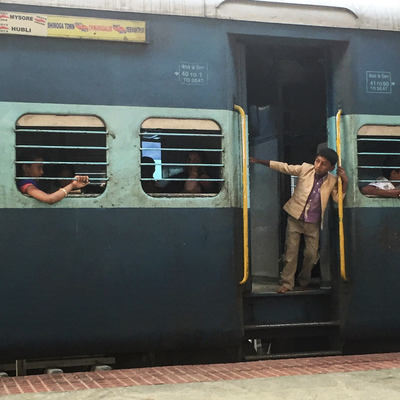
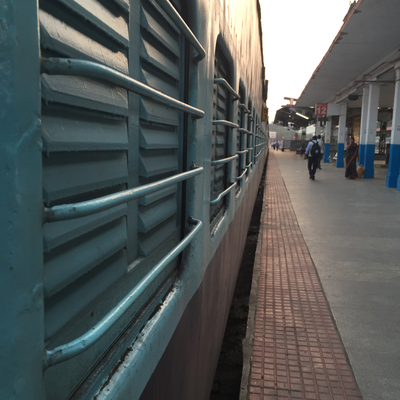
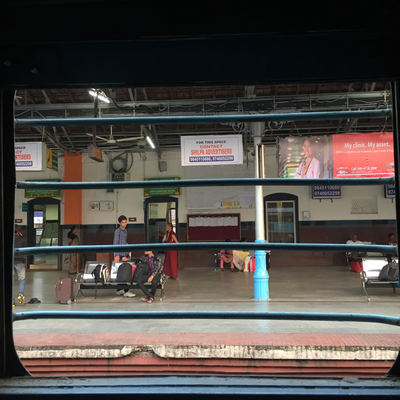
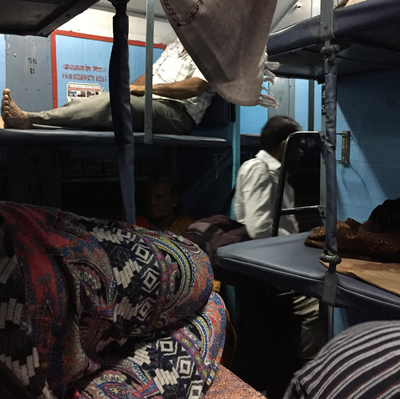
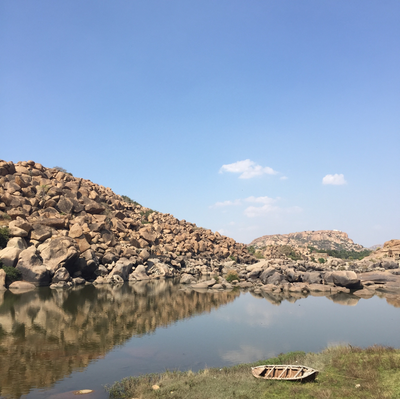
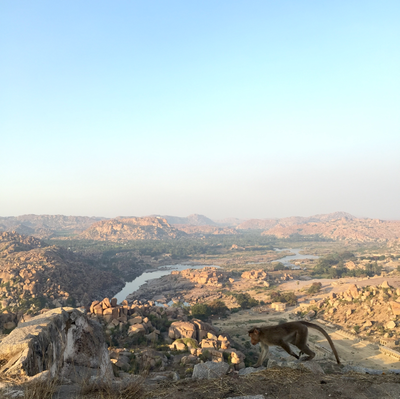
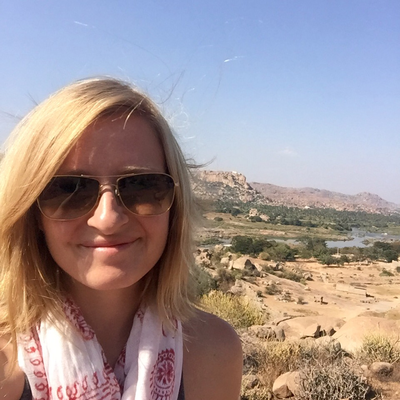
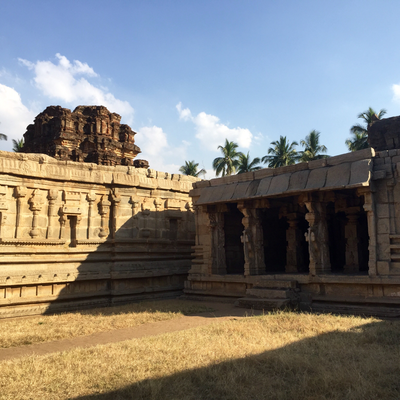
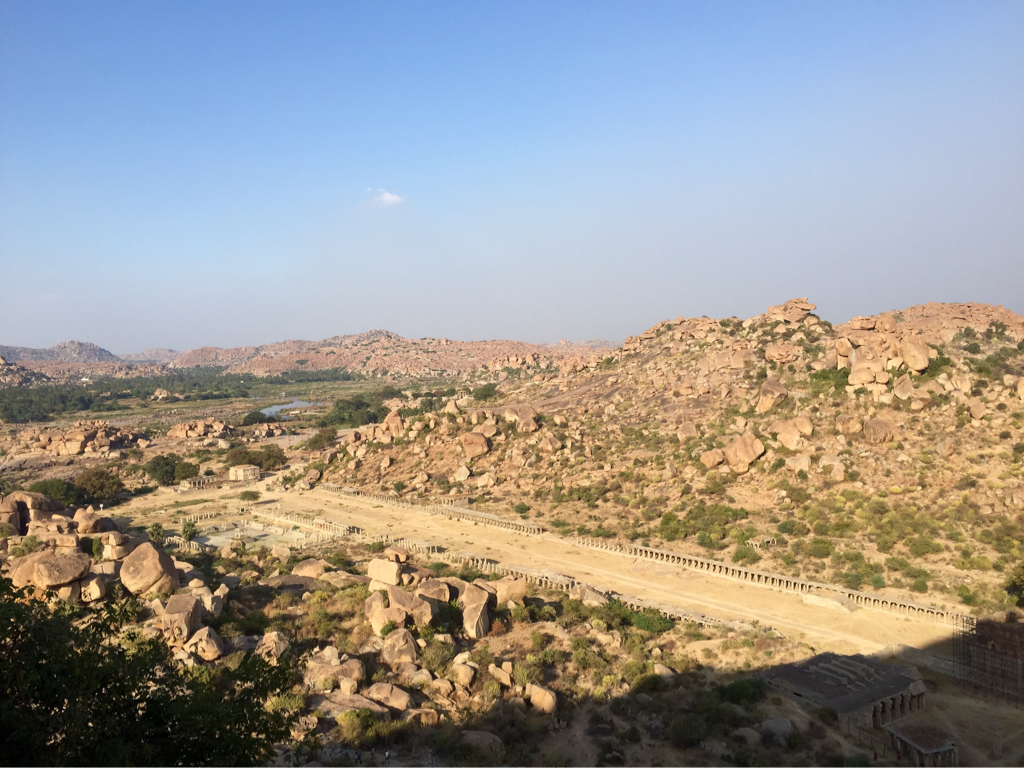
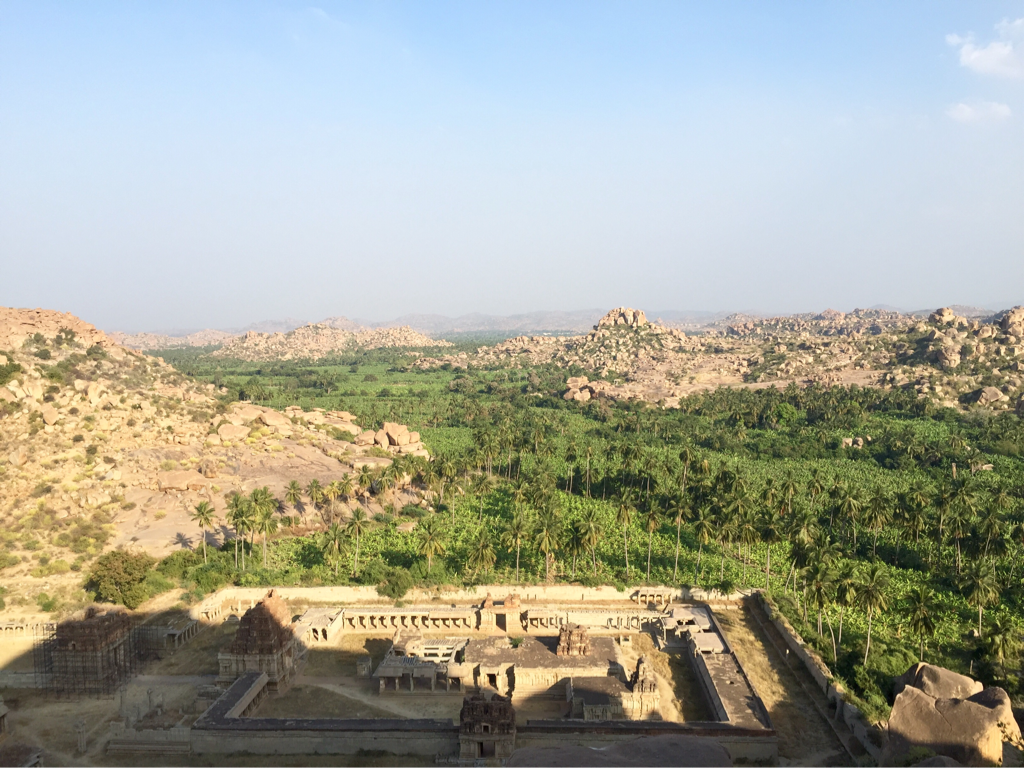
 RSS Feed
RSS Feed
